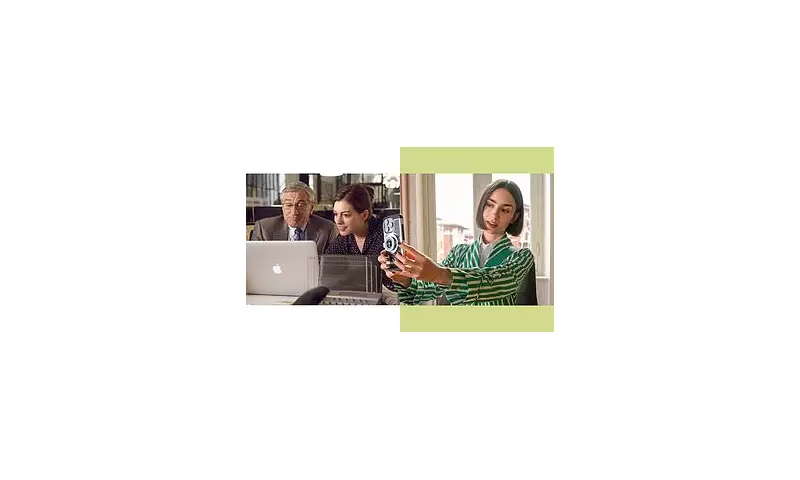
Move over, work-from-home revolution. A counter-movement is gathering pace, and its most vocal advocates might just surprise you. Forget the image of Gen Z working from their laptops in coffee shops; a significant portion is now actively choosing to commute, seeking the buzz and benefits of the traditional office environment.
The Collaboration Craving: More Than Just a Paycheck
For many young professionals who began their careers amidst lockdowns and Zoom calls, the reality of remote work has lost its shine. The initial freedom has been replaced by a sense of isolation and a stalled learning curve. The informal 'water cooler' moments, the ability to overhear conversations, and the quick, impromptu questions to a senior colleague are now recognised as invaluable, irreplaceable parts of career development.
"You can't replicate the speed of learning you get from being physically next to someone who knows what they're doing," one 24-year-old analyst is quoted as saying. This hunger for osmosis learning and real-time collaboration is a primary driver behind the return.
Combating Loneliness and Building a Network
The psychological impact of prolonged isolation is another key factor. For a generation often labelled as the most connected digitally, the lack of genuine, in-person connection has taken a toll. The office provides a built-in social structure, combating the loneliness that can fester in a remote setting and offering a clear line between 'work' and 'home'.
Furthermore, young employees are acutely aware that visibility is crucial for career advancement. Being present allows them to build a professional network organically, gain the attention of leadership, and position themselves for opportunities that might never arise on a screen.
A New Definition of Workplace Flexibility
This isn't a call for a full-time, five-days-a-week mandate. Instead, Gen Z is championing a new, smarter form of flexibility. They want the choice and the purpose. The ideal model emerging is a structured hybrid approach: coming into the office for focused collaboration, team-building, and mentorship days, while retaining the freedom to work remotely for deep-focus tasks.
They are pushing companies to earn their commute by creating an office environment that is genuinely appealing—a hub for connection and creativity, not just rows of desks.
The Future is Hybrid, But Purposeful
This generational shift signals a more nuanced future for work. The conversation is moving beyond the binary of 'remote vs. office' and towards 'purposeful presence'. Companies that listen to this demand and invest in creating vibrant, collaborative, and inclusive office cultures will be the ones to attract and retain the brightest young talent.
The message is clear: the office isn't dead. It's being reinvented, and Gen Z is leading the charge.





